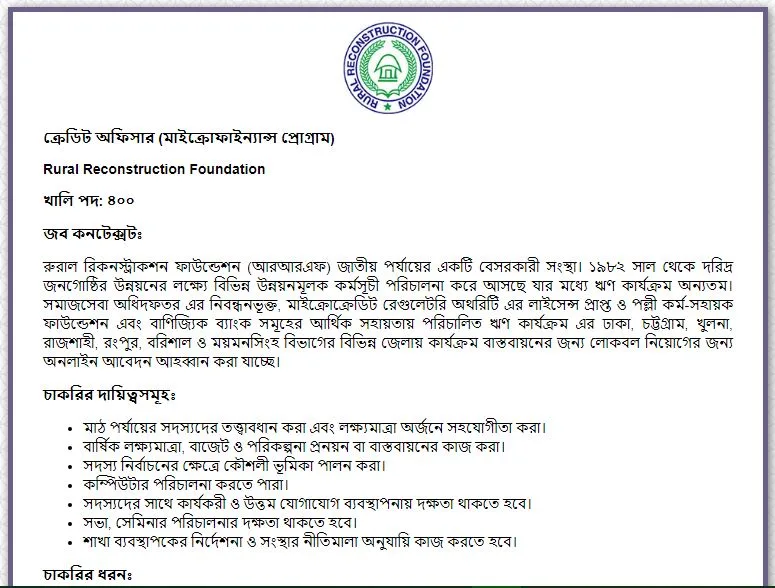
**How to Take Care of a Baby in Winter**
Caring for a baby during the winter months presents unique challenges that require special attention and consideration. Ensuring the comfort, health, and safety of an infant during this season involves several key practices that parents and caregivers should diligently follow.
Taking care of a baby in winter involves several important steps to ensure their health and comfort. Here are some key measures to follow:
1. Dress your baby in layers: Layering clothing can help keep your baby warm without overheating. Use thin layers of breathable fabrics like cotton, and dress them in one more layer than you would for yourself. Make sure to cover their head, hands, and feet as these areas lose heat quickly.
2. Keep the nursery warm: Maintain a consistent room temperature of around 68-72°F (20-22°C). Avoid direct heat sources like radiators or space heaters, and use a thermostat to monitor the temperature.
3. Use a warm blanket: Wrap your baby in a warm blanket when they are not in their crib, and use a sleep sack or wearable blanket instead of loose blankets in the crib to prevent suffocation.
4. Keep your baby’s skin moisturized: Cold weather can lead to dry skin. Apply a gentle, fragrance-free moisturizing cream or lotion after baths and regularly throughout the day to keep their skin soft and hydrated.
5. Limit outdoor exposure: Shorten the time you spend outside with your baby to prevent them from getting too cold. Dress them appropriately with a hat, mittens, and warm socks, and avoid taking them out in extremely cold or windy weather.
6. Keep your baby dry: Wet clothing can cause your baby to become cold quickly. Make sure to change any damp or wet clothes immediately, and keep their skin as dry as possible.
7. Protect against cold-related illnesses: Dress your baby warmly before going out to reduce the risk of illnesses like colds and flu. Keep them away from sick people, wash your hands frequently, and ensure everyone in the household gets a flu shot.
8. Bundle them up in the car seat: Use a car seat cover or warm blanket over the car seat to keep your baby cozy during car rides. Do not use bulky winter coats or snowsuits, as these can compress during a car accident and compromise the safety of the car seat.
9. Keep the humidity in check: Use a humidifier in your baby’s room to prevent dry air from causing dry skin and respiratory issues. Clean the humidifier regularly to prevent the growth of mold and bacteria.
10. Keep your baby’s nose clear: Use saline drops and a bulb syringe to clear their nasal passages if they have a cold, making it easier for them to breathe.
11. Give them warm baths: A lukewarm bath can help keep your baby warm and comfortable. Limit bath time to 5-10 minutes to prevent their body temperature from dropping too much.
12. Keep them active: Encourage movement and play to help maintain their body temperature. Tummy time and other forms of physical activity can help prevent cold hands and feet.
13. Pay attention to their diet: Breast milk or formula will usually provide enough hydration for babies, but if your baby is on solid foods, make sure they are drinking enough fluids. Offer warm liquids like water, milk, or clear soup if they seem dehydrated.
14. Check for overheating: Overheating can also be a concern in winter. Avoid using heavy blankets or overdressing your baby while they sleep, as this can increase the risk of SIDS.
15. Monitor for signs of illness: Watch for symptoms like a persistent cough, fever, or difficulty breathing, and contact your pediatrician if you suspect your baby is sick.
16. Keep your baby’s vaccinations up to date: This is especially important during winter months when illnesses are more prevalent.
17. Protect against frostbite and hypothermia: In very cold weather, expose your baby’s skin to the cold as little as possible. If their skin becomes red, cold, or painful, bring them inside immediately.
18. Practice safe sleep habits: Place your baby on their back to sleep, and avoid letting them get too hot or too cold. Dress them appropriately for the room temperature and ensure their crib is clear of loose blankets or soft toys.
19. Keep their skin covered: When taking your baby out in a stroller, cover
Firstly, appropriate clothing is essential. Babies lose heat more quickly than adults, making it imperative to dress them in layers. A snug base layer of cotton is advisable, followed by warmer garments such as fleece or wool. A well-fitted hat, mittens, and booties are crucial, as a significant amount of body heat is lost through the head and extremities. Outerwear should be both insulated and waterproof to protect against the cold and wet conditions typical of winter.
Secondly, maintaining a warm environment is vital. Indoors, the temperature should be kept comfortably between 68°F and 72°F (20°C and 22°C). Utilizing a humidifier can combat the dryness that often accompanies winter heating, helping to alleviate potential respiratory issues. Additionally, ensuring that the baby’s sleeping area is free from drafts and that they are placed on their back in a safe crib can enhance their comfort and safety.
Furthermore, proper skincare is important during winter. The cold air can lead to dry and chapped skin in infants. Parents should apply a gentle, baby-friendly moisturizer regularly, particularly on the face and hands, to protect against dryness. Moreover, it is wise to limit the time a baby spends outdoors, particularly during extremely cold or windy days, as exposure can increase the risk of frostbite and hypothermia.
Another consideration is feeding. Winter illnesses, such as colds and flu, are prevalent during this season. Breastfeeding, if possible, can provide a baby with essential nutrients and antibodies that bolster their immune system. For formula-fed infants, ensuring that milk is at a comfortable temperature before feeding is important, especially in colder weather.
In conclusion, taking care of a baby in winter requires vigilant attention to their clothing, environment, skincare, and nutrition. By implementing these practices, caregivers can ensure that their little ones remain safe, comfortable, and healthy during the colder months. A proactive approach will not only safeguard an infant’s physical well-being but also contribute to a nurturing and loving atmosphere conducive to their growth and development.


 প্রতিনিধির নাম
প্রতিনিধির নাম 















